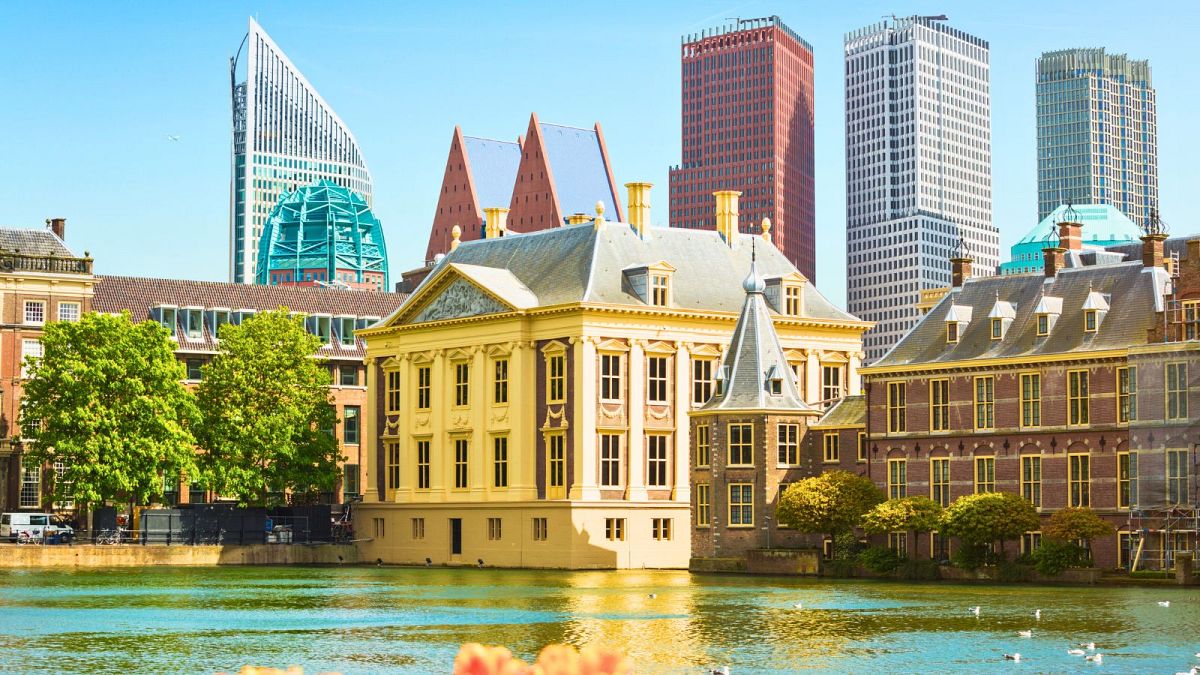A ban on fossil fuel adverts in The Hague has been upheld by a Dutch court, in an “historic ruling” that campaigners hope will embolden other cities to take action.
In a decision last September, The Hague became the first city in the world to write into law a ban on ads that promote fossil fuels, including petrol cars, air travel and cruise ships.
It has been effective since 1 January, but ANVR – the Dutch trade association for travel agencies – and travel company TUI filed lawsuits against the ban, seeking to overturn it.
The district court of The Hague ruled in favour of the city on Friday 25 April – the first time that a court has vetted a municipal ad ban in this way.
“This is a breakthrough for the fossil ad ban and for the health of people and planet,” says Femke Sleegers of Reclame Fossielvrij (Fossil Free Advertising). “Municipalities around the world can now clear their streets of ads that fuel the climate crisis.”
“Just as anti-smoking policies are ineffective when tobacco ads are everywhere, we can’t have effective climate policy while fossil fuel products are promoted on every street corner,” she adds.
Why did the court uphold the fossil fuel ad ban?
During preliminary relief proceedings, the judge rejected all objections to the ban.
ANVR and TUI argued that it goes against the right to free speech and freedom of entrepreneurship. They also took issue with the claim that the ban would reduce emissions, and said the municipality is not qualified to implement it.
But the court found the reasons for the ban to be sufficiently substantiated, and that it can contribute to countering the effects of climate change, and improving people’s health in the city.
“After all, the general health interests of citizens are only counterbalanced by the commercial interests of the advertisers. It should therefore come as no surprise that this weighing of interests has turned out to be to the disadvantage of the advertisers,” the ruling states.
“It is not up to the Municipality to refrain from taking measures to promote the health of its residents in order to strengthen the future (financial) position of travel providers.”
The ban has the public’s blessing, too, according to a survey released by Climate Action Against Disinformation (CAAD) last week. It found that 71 per cent of Dutch people think a ban on fossil fuel advertising is an effective way to reduce the spread of harmful climate disinformation.
Despite being in place since the start of 2025, a transitional agreement means that no fines will be issued until 1 May.
Campaigners want to see a snowball effect in other cities
With last week’s ruling, The Hague cemented a precedent that politicians, experts and climate campaigners want to see replicated elsewhere.
“This court ruling marks a milestone. It shows that municipalities are not powerless, but do in fact have tools to tackle the climate crisis,” says Robert Barker, deputy mayor of The Hague (Party for the Animals).
“It would be great if many more cities around the world followed suit, each making their own contribution to a better, more sustainable future.”
“Cities the world over would be wise to follow The Hague’s lead and introduce a similar law to help usher in an era of depleting dependence on fossil fuels – and feel confident with the wind of this judgment behind them,” adds Jonathan White, lawyer for environmental legal charity ClientEarth.
UN Secretary-General António Guterres has previously called for a tobacco-style global ban on advertising by fossil fuel companies, denouncing them as “godfathers of climate chaos”.
France became the first country to bring in a fossil fuel ad ban in 2022, but in a weaker form that still allows fossil gas ads and ads in the context of event sponsorship.
Like The Hague, other cities and councils have also introduced initiatives to ban advertising of oil, gas and coal. Fossil fuel adverts have been banned in some spaces – including public transport – in Amsterdam since 2021.
Last year, Edinburgh council decided to ban ads for “high-carbon products” on council-owned spaces such as billboards and bus stops.

